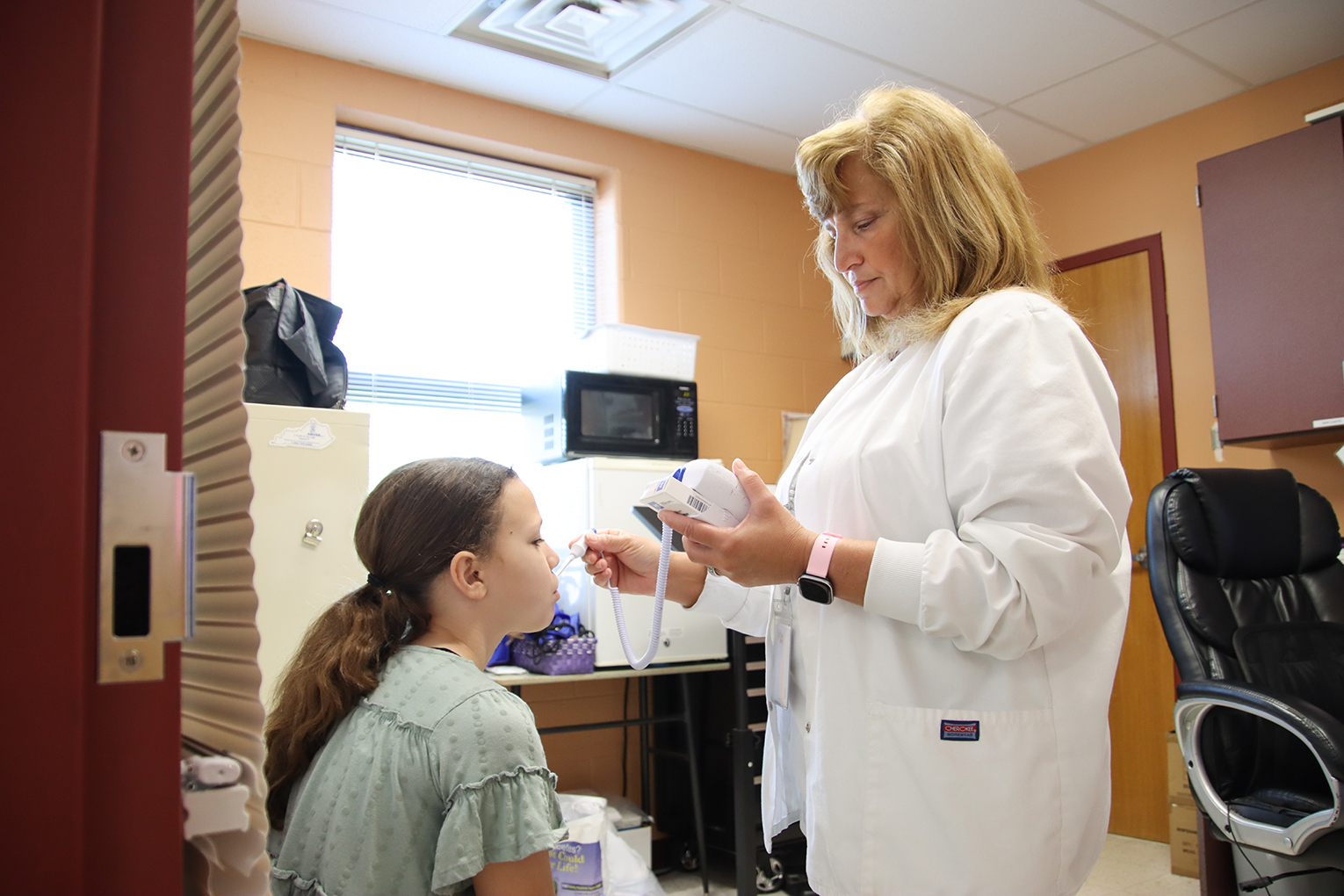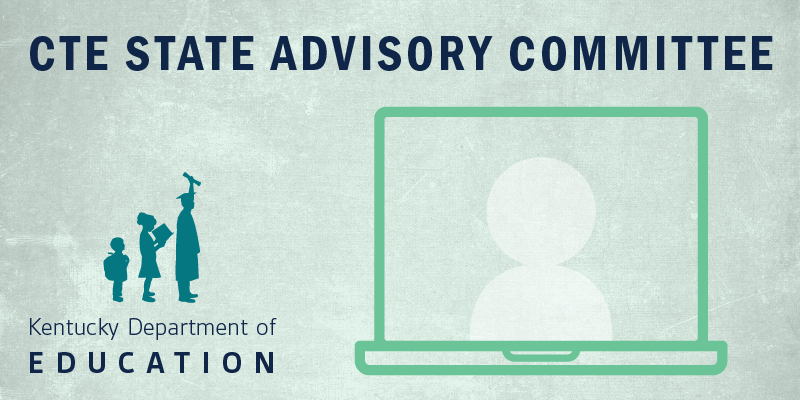 Music performance may start at a young age for many students. They may explore performing on an instrument in their school classes or through private lessons. Since they have less experience performing on their instrument, novice students can lack the confidence needed for successful performances (Taborsky 2007; Sieger 2017). Musicians require much work on their primary instrument and a significant amount of time to perform well in front of others. Because musicians are on display when performing, mental distraction and distress may occur, and performance anxiety may destroy the well-prepared performance. A bad performance may spark poor mental or emotional health in a musician. The purpose of this article is to define musical performance anxiety (MPA), examine the causes of MPA as well as emotional and physical responses to MPA, and coping strategies that can be implemented to combat these symptoms.
Music performance may start at a young age for many students. They may explore performing on an instrument in their school classes or through private lessons. Since they have less experience performing on their instrument, novice students can lack the confidence needed for successful performances (Taborsky 2007; Sieger 2017). Musicians require much work on their primary instrument and a significant amount of time to perform well in front of others. Because musicians are on display when performing, mental distraction and distress may occur, and performance anxiety may destroy the well-prepared performance. A bad performance may spark poor mental or emotional health in a musician. The purpose of this article is to define musical performance anxiety (MPA), examine the causes of MPA as well as emotional and physical responses to MPA, and coping strategies that can be implemented to combat these symptoms.
Musical performance anxiety has long been studied because of the effects it has on musicians’ performances and careers. According to the Diagnostic and Statistical Manual of Mental Disorders (5th ed; DSM-5; American Psychiatric Association 2015), the operational definition of musical performance anxiety is “the experience of marked and persistent anxious apprehension related to musical performance that has arisen through specific anxiety conditioning experiences and which is manifested through combinations of affective, cognitive, somatic and behavioral symptoms” (Kenny, 2016, 433). MPA manifests throughout the lifespan, from when a student first starts learning how to perform their instrument to when a professional performs a significant concerto with an orchestra.
MPA has the potential to help facilitate or debilitate performance outcomes (Osbourne and Franklin 2002). A musician can be well-prepared for their performance through practice but can lose the performance to their fears of not performing well. Several studies have revealed that the pressure experienced by musicians can lead to distress and poor emotional health (McCormick and McPherson 2003; McCormick and McPherson 2006; Osborne and Franklin 2002; Rojas and Springer 2014; Zelenak 2019; Zelenak 2020). MPA is commonly not diagnosed among musicians because of the stigma that comes with identified anxiety within the music community (Kenny 2011; Kenny 2016; McCormick and McPherson, 2003; McCormick and McPherson 2006). Instead, musicians tend to persevere and suppress their anxiety.
Performance anxiety for musicians negatively affects their performance, which can lead to distraction and poor performance outcomes (Cohen and Bodner 2019; Siger 2017; Taborsky 2007; Wiedemann et al. 2022). Musicians’ emotional responses to MPA include sweaty palms, dry mouths or trembling hands, and rapid heartbeat (Goldberg 1993; Kenny et al. 2004; Siger 2017; Taborsky 2007). The behavioral responses to performance anxiety may include missing notes, forgetting words, and forgetting how to perform on the instrument correctly (Cohen and Bodner 2019; Siger 2017).
Musicians and music educators are aware of the symptoms of MPA and have explored the coping strategies that were found essential to combat MPA. It is important to recognize how MPA looks at each stage of life. There have been several studies on how MPA affects musicians of various age levels—children, adolescents, and adults (college age) and coping strategies these ages use to combat MPA. Musicians can change their mindset when they are performing to not focus on technique, but the enjoyment of the music, and reduce their symptoms of MPA.
Coping strategies are a person’s choices about how to respond to a stressor. Musicians and music educators are aware of the symptoms of MPA and have independently explored coping strategies. Research-based coping strategies for MPA include:
- Self-monitoring one’s anxiety;
- Applying the construct of self-efficacy;
- Creating vivid mental images of a desired outcome or a specific situation;
- Applying positive thinking and concentration before and during public performances;
- Setting realistic performance goals;
- Breathing exercises and changing the focus in the performance venue;
- Rewriting complex music to accommodate the skill level;
- Using “Performance Diaries” and “Current Performance State” checklists;
- Redirecting the student’s concentration during a performance; and
- Using the Alexander Technique.
The music becomes more complex as musicians progress in their studies, and their abilities to evaluate performances critically improve with experience and motivation. Music educators may consider assigning repertoire that students can perform with confidence and including easier tasks in measurable steps. By familiarizing themselves with research, teachers can be better prepared to help students with self-perceptions of performance abilities and various degrees of musical performance anxiety they encounter throughout their journey.
Mary Elizabeth Henton is the orchestra director at Model Laboratory Schools at Eastern Kentucky University in Madison County. Henton is an active member of the KY Chapter of the American String Teachers Association and was awarded the 2023 Orchestra Director of the Year. Henton is also a member of the Kentucky Music Educators Association and was the Orchestra Chair for the Kentucky Music Educators Association from 2019-2021.




Leave A Comment